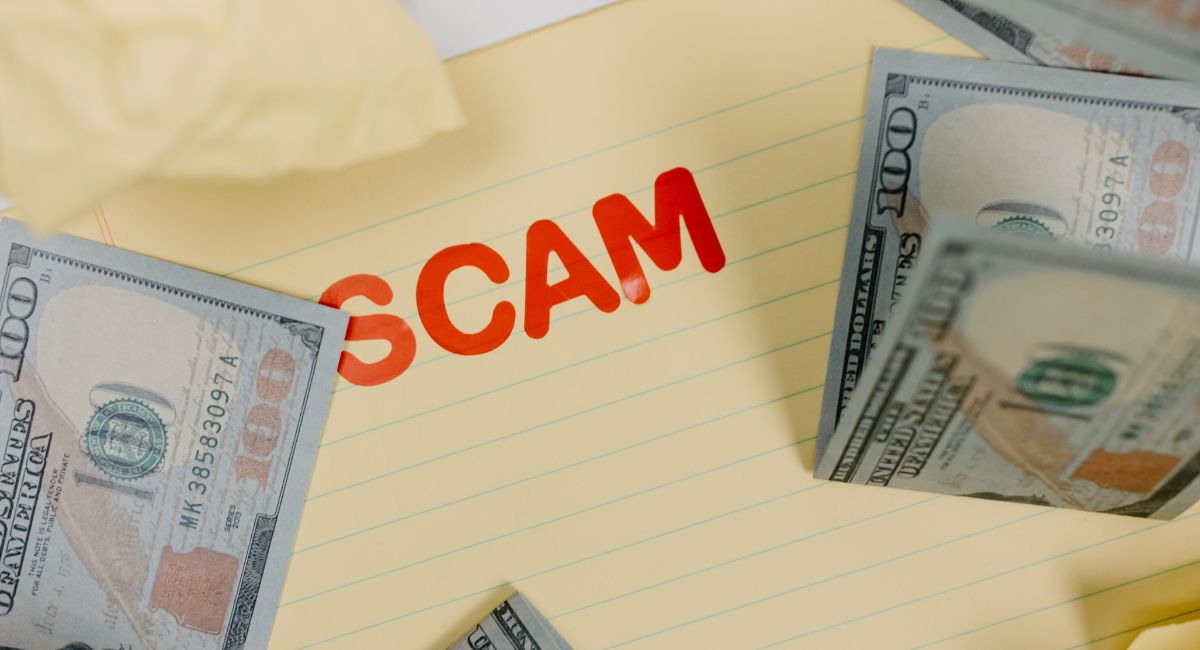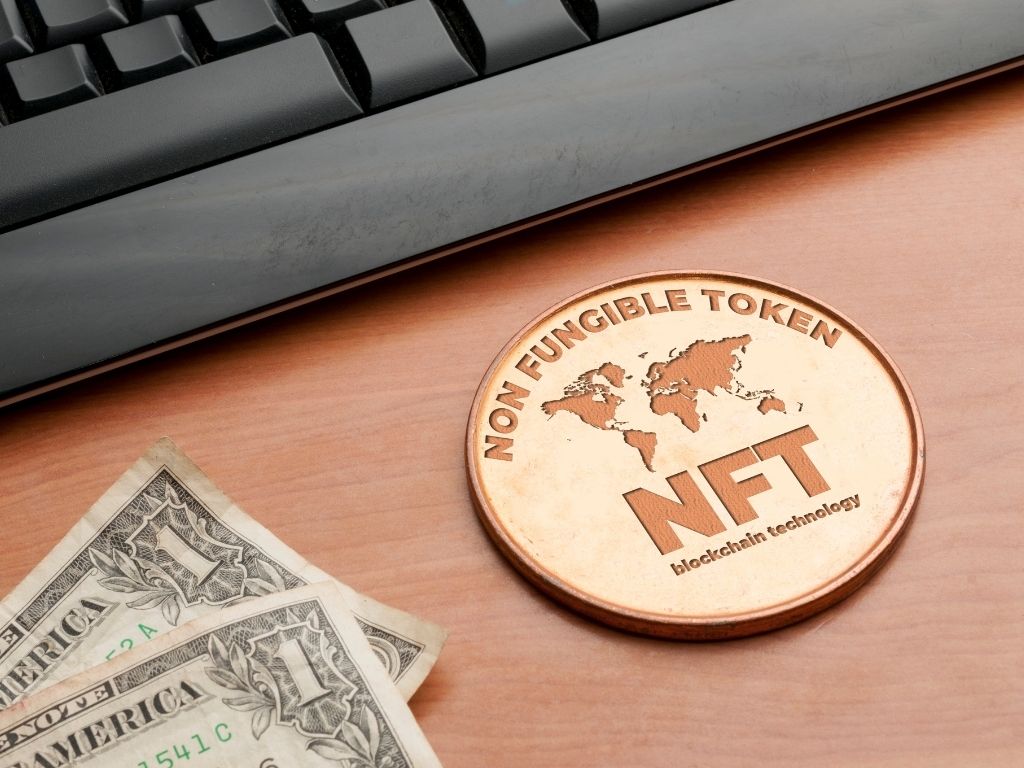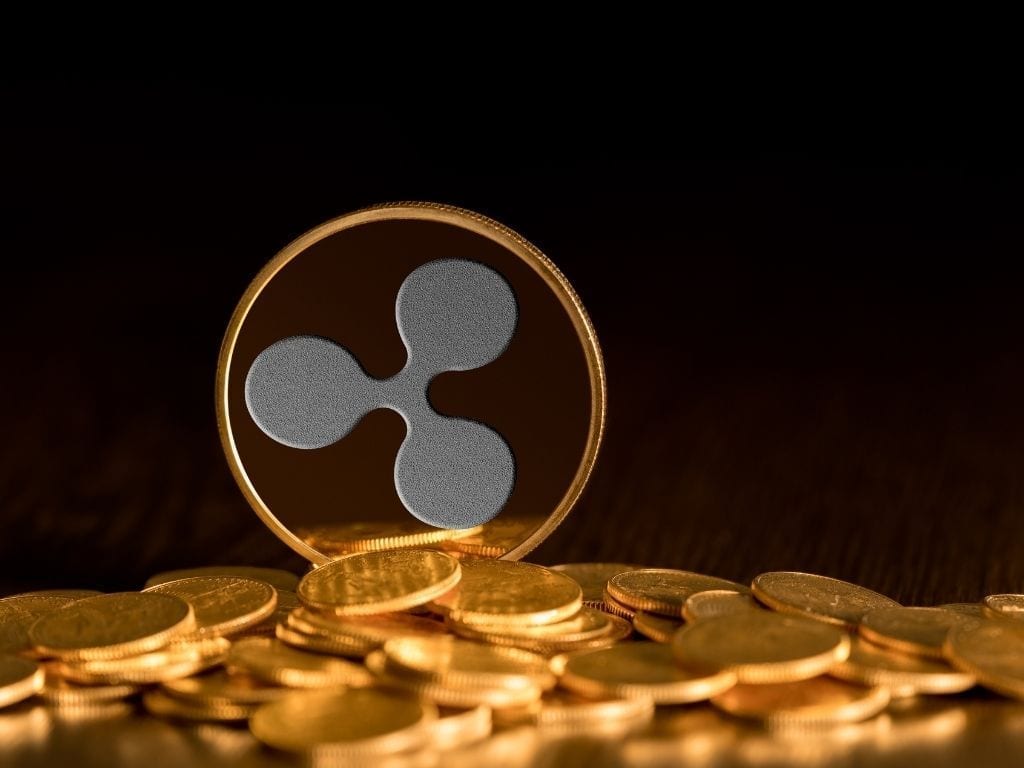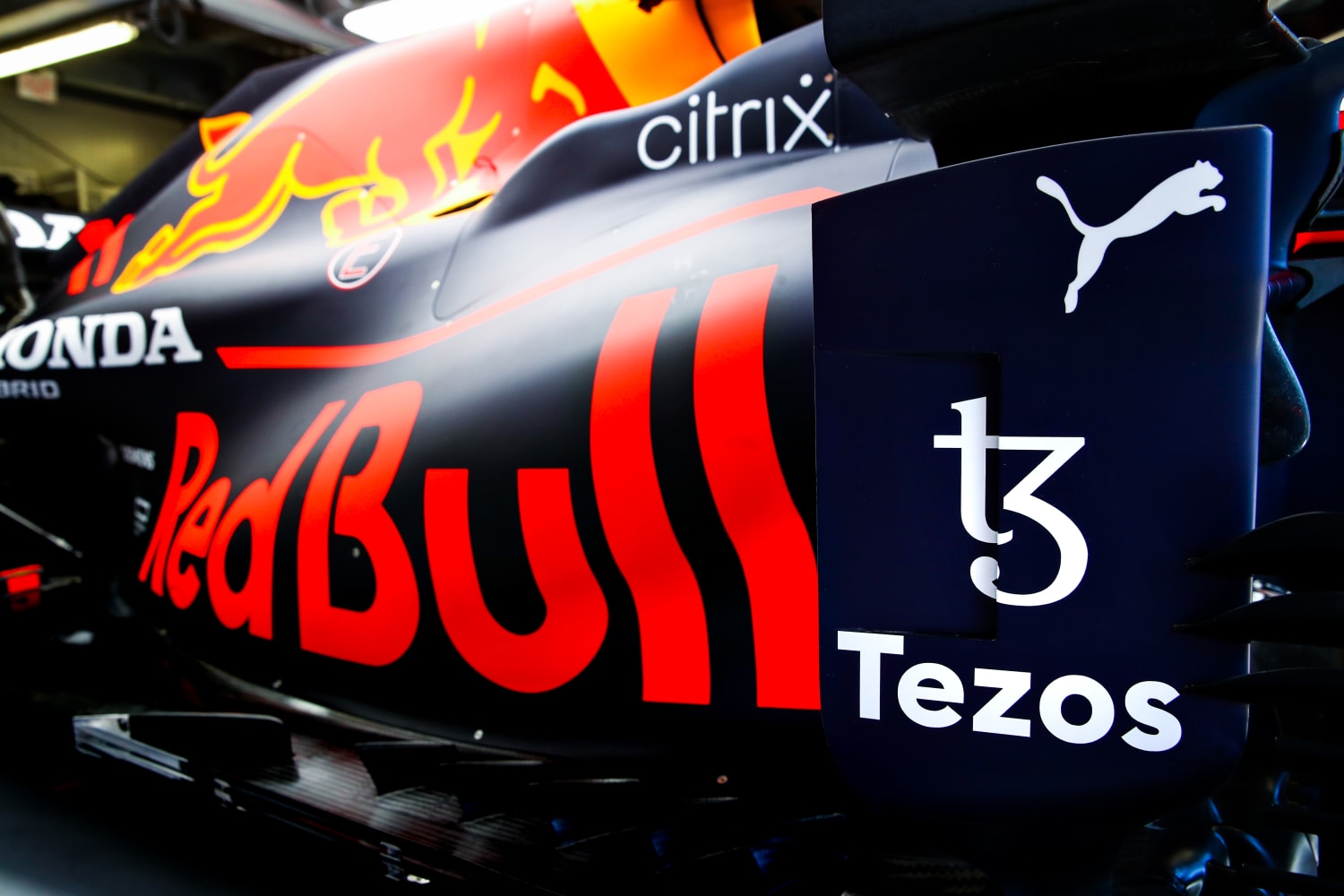Top 5 Amazing Ways To Strengthening Trust in the NFT Market: The Role of Innovative Anti-Fraud Mechanisms
The NFT (Non-Fungible Token) market has exploded in popularity, attracting artists, collectors, and investors alike. However, as the market has grown, so have concerns about fraud, scams, and security vulnerabilities. High-profile incidents of counterfeit NFTs, unauthorized sales, and phishing attacks have made trust a crucial issue in the NFT market. To ensure the long-term viability of the market, it is essential to adopt innovative anti-fraud mechanisms that strengthen user confidence and secure the integrity of transactions.
In this article, we will explore how cutting-edge technologies and methods are being used to combat fraud in the NFT space, including decentralized identity verification, advanced smart contracts, and AI-based detection systems. We’ll also examine real-world examples of how these innovations are being implemented to protect creators and collectors alike.
The Current Landscape of NFT Fraud
Before diving into the anti-fraud mechanisms that are reshaping the NFT landscape, it is essential to understand the types of fraud that plague the market today:
- Counterfeit NFTs: Unscrupulous actors can easily mint NFTs of copyrighted or trademarked materials, passing them off as legitimate works without permission from the original creator.
- Phishing and Wallet Hacks: NFT marketplaces and wallet providers are frequently targeted by phishing attacks designed to steal users’ private keys, enabling hackers to drain accounts or steal valuable NFTs.
- Rug Pulls and Exit Scams: Fraudulent developers often create NFT projects, raise funds through sales or token launches, and then abandon the project without delivering on promises.
- Wash Trading and Market Manipulation: Some traders engage in wash trading—artificially inflating the value of NFTs by buying and selling them between linked accounts—to mislead buyers and pump up prices.
Given the decentralized and pseudonymous nature of blockchain technology, traditional methods of fraud prevention and trust-building are not always effective. As such, the NFT industry is turning to innovative solutions that leverage the unique characteristics of blockchain, smart contracts, and artificial intelligence.
Also, read – Top 10 Amazing Brands Are Taking Advantage Of Their Own NFT marketplace
Top ways NFT market is standing tall against fraud
1. Decentralized Identity and Verification Systems
The Problem: Lack of Artist Verification
One of the most significant issues in the NFT space is the difficulty of verifying the authenticity of creators and the originality of their works. Bad actors can impersonate artists or mint NFTs of stolen artwork, selling them as legitimate creations without the buyer’s knowledge.
The Solution: Decentralized Identity (DID)
Decentralized Identity (DID) is emerging as a powerful solution to combat counterfeit NFTs and ensure the authenticity of artists and creators. A DID is a blockchain-based identity that is self-sovereign, meaning individuals have full control over their digital identity without relying on centralized entities. This identity can be cryptographically verified on the blockchain, allowing marketplaces to authenticate creators without exposing sensitive personal information.
How DID works in the NFT ecosystem:
- Artist Verification: Artists can mint NFTs under their decentralized identities, which are verifiable through the blockchain. This ensures that the creator’s identity is legitimate, reducing the likelihood of impersonation or counterfeit sales.
- Ownership Provenance: Buyers can trace the ownership history of an NFT back to the verified original creator, ensuring that the asset is authentic and not a knockoff.
- Smart Contract Integration: DID systems can be integrated into NFT smart contracts to automatically verify and certify the artist’s credentials before allowing a sale.
Projects like BrightID and Civic are already working on decentralized identity solutions, and they have the potential to revolutionize how trust and authenticity are managed in the NFT market.
2. AI-Powered Fraud Detection
The Problem: Detecting Fraudulent Transactions and Phishing Attacks
While the blockchain is immutable and transparent, the sheer volume of transactions in the NFT market makes it difficult to detect fraudulent activity in real time. Moreover, phishing attacks and wallet hacks remain a pervasive threat, exploiting human vulnerabilities rather than technological weaknesses.
The Solution: Artificial Intelligence (AI) and Machine Learning (ML)
AI and Machine Learning (ML) technologies are being employed to monitor blockchain transactions and NFT sales for suspicious behavior. These systems can detect anomalies that suggest market manipulation, phishing, or other forms of fraud by analyzing patterns in real-time transaction data.
Key AI-based fraud detection mechanisms:
- Transaction Pattern Analysis: AI systems can analyze the behavior of wallets and trading patterns, flagging activities that deviate from the norm, such as sudden price spikes, rapid trading between related accounts, or wash trading.
- Phishing Detection: AI-powered tools can monitor social media, email accounts, and marketplace listings to detect phishing attempts or fraudulent websites designed to steal user credentials.
- Automated Threat Response: In some cases, AI systems can automatically lock or freeze accounts involved in suspicious activities, preventing further damage while investigations are conducted.
Platforms like Chainalysis and CipherTrace use AI-based analytics to help identify illicit activities across blockchain networks, making it easier to pinpoint fraudulent transactions in the NFT space.
3. Smart Contracts with Built-In Fraud Prevention
The Problem: Exploitable Smart Contract Vulnerabilities
Many NFTs are governed by smart contracts that automate the buying, selling, and transferring of digital assets. While these contracts provide transparency and efficiency, they are also susceptible to exploitation if not properly coded. Hackers can identify vulnerabilities in smart contracts to execute unauthorized transactions or manipulate sales.
The Solution: Advanced Smart Contract Security
To prevent fraud and protect both buyers and creators, smart contracts are being enhanced with more sophisticated fraud prevention mechanisms. These contracts can include built-in safeguards that ensure the legitimacy of a transaction before it is executed.
Innovations in smart contract security:
- Escrow Mechanisms: Smart contracts can be programmed with escrow features, where funds are held in escrow until certain conditions (e.g., verification of the NFT’s authenticity) are met. This ensures that buyers receive the correct asset and sellers are properly compensated.
- Multi-Signature Contracts: By requiring multiple parties to sign off on a transaction, multi-signature smart contracts make it more difficult for a single party to execute fraudulent transfers. This is particularly useful in high-value NFT transactions.
- Code Audits and Automated Bug Detection: Companies like CertiK and OpenZeppelin offer services that audit smart contracts for vulnerabilities and deploy AI-based systems that automatically detect bugs or weaknesses in the code, preventing potential exploits before they can be abused.
By integrating more robust security features into smart contracts, NFT platforms can reduce the risk of fraud and manipulation, providing a safer environment for users.
4. Immutable Metadata and Provenance Tracking
The Problem: Loss of Ownership Data and Provenance
A critical component of NFT value is the provenance—the history of ownership and transaction records associated with the digital asset. However, some NFTs are linked to off-chain metadata (e.g., artwork files hosted on centralized servers), which can be altered, deleted, or lost over time. This weakens the value of the NFT and erodes trust.
The Solution: Immutable Metadata and Decentralized Storage
To strengthen trust in NFTs, it is essential to ensure that all data associated with an NFT—its artwork, metadata, and ownership history—is immutable and stored in a decentralized manner. InterPlanetary File System (IPFS) and Arweave are decentralized storage solutions designed to solve this problem by ensuring that NFT metadata remains tamper-proof and accessible indefinitely.
Key features of decentralized metadata storage:
- Permanent Metadata: By storing metadata on IPFS or Arweave, NFT platforms can ensure that the asset’s history and details are preserved even if the original server goes offline or is tampered with.
- Provenance Verification: Immutable provenance tracking allows buyers to trace an NFT’s ownership history back to its creation, ensuring that the asset has not been altered or counterfeited.
- Tamper-Proof Data: Decentralized storage prevents malicious actors from altering the metadata or associated artwork after the NFT has been sold, safeguarding the asset’s integrity and value.
5. Decentralized Marketplaces and Reputation Systems
The Problem: Centralized Marketplaces and Scams
Many of the most popular NFT platforms today, such as OpenSea and Rarible, operate as centralized marketplaces. While these platforms provide a degree of security and convenience, they are also vulnerable to centralized control, scams, and market manipulation. Moreover, buyers and sellers have limited recourse in the event of a dispute.
The Solution: Decentralized Marketplaces with Reputation Systems
Decentralized NFT marketplaces are emerging as an alternative to centralized platforms, offering more transparent and community-driven environments for buying and selling digital assets. These marketplaces are typically governed by decentralized protocols and rely on peer-to-peer (P2P) transactions without intermediaries.
To build trust in these decentralized marketplaces, reputation systems and community-driven governance are being integrated into the platforms:
- Reputation Scores: Buyers and sellers can earn reputation scores based on their transaction history, community feedback, and verified ownership of assets. This system helps users identify trustworthy participants and reduces the risk of fraud.
- Community Moderation: Decentralized platforms often involve community-based governance, where participants vote on important decisions regarding platform rules, dispute resolution, and fraud prevention. This ensures that the platform’s users have a say in how the marketplace operates, fostering a sense of accountability and transparency.
Decentralized platforms like Zora and SuperRare are already implementing such reputation systems, allowing users to trade NFTs in a more secure and trusted environment.
Conclusion: The Future of Trust in the NFT Market
The NFT market is still evolving, and with it, the mechanisms to prevent fraud and enhance trust. From decentralized identity verification to AI-powered fraud detection, the tools for combating malicious activities are becoming more sophisticated. These innovations are crucial for the NFT market’s growth, as they address the core challenges of authenticity, security, and transparency.
By adopting these cutting-edge anti-fraud mechanisms, the NFT ecosystem can foster greater trust among creators, collectors, and investors. As technology continues to advance and regulatory frameworks are established, the NFT market is poised to become a safer, more reliable space for all participants, ensuring its long-term sustainability and success.
Stay informed with daily updates from Blockchain Magazine on Google News. Click here to follow us and mark as favorite: [Blockchain Magazine on Google News].
Get Blockchain Insights In Inbox
Stay ahead of the curve with expert analysis and market updates.
latest from tech
Disclaimer: Any post shared by a third-party agency are sponsored and Blockchain Magazine has no views on any such posts. The views and opinions expressed in this post are those of the clients and do not necessarily reflect the official policy or position of Blockchain Magazine. The information provided in this post is for informational purposes only and should not be considered as financial, investment, or professional advice. Blockchain Magazine does not endorse or promote any specific products, services, or companies mentioned in this posts. Readers are encouraged to conduct their own research and consult with a qualified professional before making any financial decisions. The featured image used is just a creative depiction of the title and it does not intend to hurt sentiments of any person or institution. If it hurts anyone sentiments, please do not hesitate to reach out to Blockchain Magazine.

 Bitcoin
Bitcoin  Ethereum
Ethereum  Tether
Tether  XRP
XRP  Solana
Solana  USDC
USDC  Dogecoin
Dogecoin  Cardano
Cardano  Lido Staked Ether
Lido Staked Ether  TRON
TRON  Wrapped Bitcoin
Wrapped Bitcoin  Chainlink
Chainlink  Wrapped stETH
Wrapped stETH  Avalanche
Avalanche  Sui
Sui  Stellar
Stellar  Toncoin
Toncoin  Shiba Inu
Shiba Inu  Hedera
Hedera  LEO Token
LEO Token  Hyperliquid
Hyperliquid  Bitget Token
Bitget Token  Litecoin
Litecoin  WETH
WETH  USDS
USDS  Polkadot
Polkadot  Bitcoin Cash
Bitcoin Cash  Ethena USDe
Ethena USDe  MANTRA
MANTRA  Wrapped eETH
Wrapped eETH  Uniswap
Uniswap  Pepe
Pepe  Monero
Monero  Ondo
Ondo  WhiteBIT Coin
WhiteBIT Coin  NEAR Protocol
NEAR Protocol  Aave
Aave  Mantle
Mantle  Official Trump
Official Trump  Dai
Dai  Aptos
Aptos  Internet Computer
Internet Computer  Ethereum Classic
Ethereum Classic  Bittensor
Bittensor  Cronos
Cronos  OKB
OKB  POL (ex-MATIC)
POL (ex-MATIC)  Gate
Gate 




